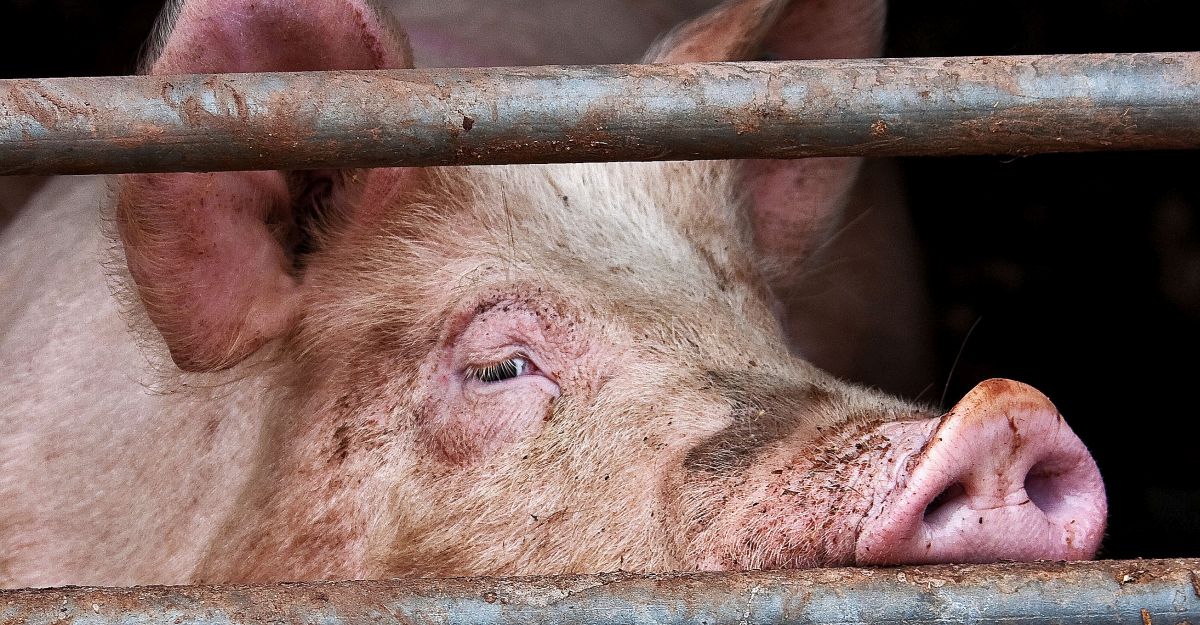‘Mummy, what’s this?’
‘Oh, that’s a book.’
‘What’s a book?’
‘A book is what people once used to keep stories and information in,before they had iPads.’
‘Oh. What’s this?’
‘Stone the crows! That’s a literary journal! I haven’t seen one of those since I was a girl!’
At the recent Sydney Writers’ Festival, Simon & Schuster publisher Carolyn Reidy said, ‘There’s a good chance the physical book market will become more designed and beautiful for people who really love books as an object. But I can’t say that we’ll still have books in 50 years time.’ The first thing I thought was, ‘Carolyn Reidy? As in Read-ee? Great name for a publisher!’ The second thing was, ‘Golly me, in that case – what will happen to journals?’
This was followed with a wail of despair, shortly after which I was escorted from the room.
Some weeks later, the kind people at harvest magazine asked if I might like to review issue five of their fine publication, to which I agreed with enthusiasm but also a small pang (Is this a tautology? Is it possible to have a large pang? Do let me know.) of trepidation. Would this review read – in two years time – like a eulogy? Will my future grandchild one day have the above conversation with her mother? Is time running out for me to blow all my pocket money on magazine-sized chunks of literary goodness?
Also, I wondered what I would do if said issue was really, really bad – because I have submitted work to harvest and I want to keep on their good side.
All this had me guzzling Rescue Remedy until issue five of harvest arrived in my letter box. As soon as I pulled it from the express post satchel and felt the weight of the 100% post-consumer recycled paper in my hands, as soon as I flicked through the pages and took in the whimsical illustrations printed with natural vegetable dyes, I knew I was in for a treat. Upon reading it cover to cover I was presented with a new challenge: how to convince Overland readers that this is a truly lovely publication, without them thinking I am simply trying to butter up the harvest editors and get them to publish my own work.
If digital publishing means anything, it surely means that literary journals must become more than collections of new writing, but must also be beautiful, sensual objects in their own right. ‘That sounds expensive!’ Mr Digital-Media-Inventor-Man might say. But it’s not, it just means paying attention to detail and sourcing some of the inspiring designers and illustrators that Australia is bountiful with. Combine this with quality writing and it’s enough to have generation Y saying ‘I wish it was the olden days, when everything was written on paper!’ Which brings us nicely to the really great bit, the words.
Let’s begin with ‘The Eunich in the Harem’, by Ryan O’Neil. This, together with Anthony Doeer’s ‘Memory Wall’ (McSweeney’s No.32) has to be one of the cleverest, most inventive short stories I have read all year. O’Neil uses a series of book reviews to tell the story of a critic’s grisly demise. So drawn in was I, I wondered why I had never heard of this critic, Peter Crawley, before. I am prepared to admit I considered googling the name until I flicked through the pages and noticed the word ‘fiction’ printed in the top left-hand corner below the title.
This is followed by a poem, ‘Horses’ by Anna Krien, which were I a conspiracy theorist would have lead me to believe that the harvest team had been stalking me and made it their personal mission to concoct a poem which would make me want to read more poetry. (I know, I know, there’s something wrong with me.) This sneaky tactic was combined with the very clever and slightly cheeky, ‘A Poem Deconstructed’ by Anthony Levin. And then, what bliss, Literopoly: the board game for literature-lovers, sold with the line, ‘Yes, you may be at the top of the intellectual gene pool, but now you can own a street, too!’
Indeed, it is tempting to list all the lovely treats that harvest has served up for winter, yet I will refrain and instead encourage you to discover them for yourself.
Dear readers, I combed harvest issue five looking for something to be critical of so you could be sure my review was even handed and not merely publishing-lust, but I just couldn’t find it. The only thing I would complain about is the fact there are no stories featuring firemen, and I like stories with firemen. There is however, one story (‘The Lego Man’, Max Noakes) which features a lego robot that comes to life and starts reading its makers thoughts. Now if that isn’t a drawcard, I don’t know what is.
Oh, and you can read harvest in the bath.





